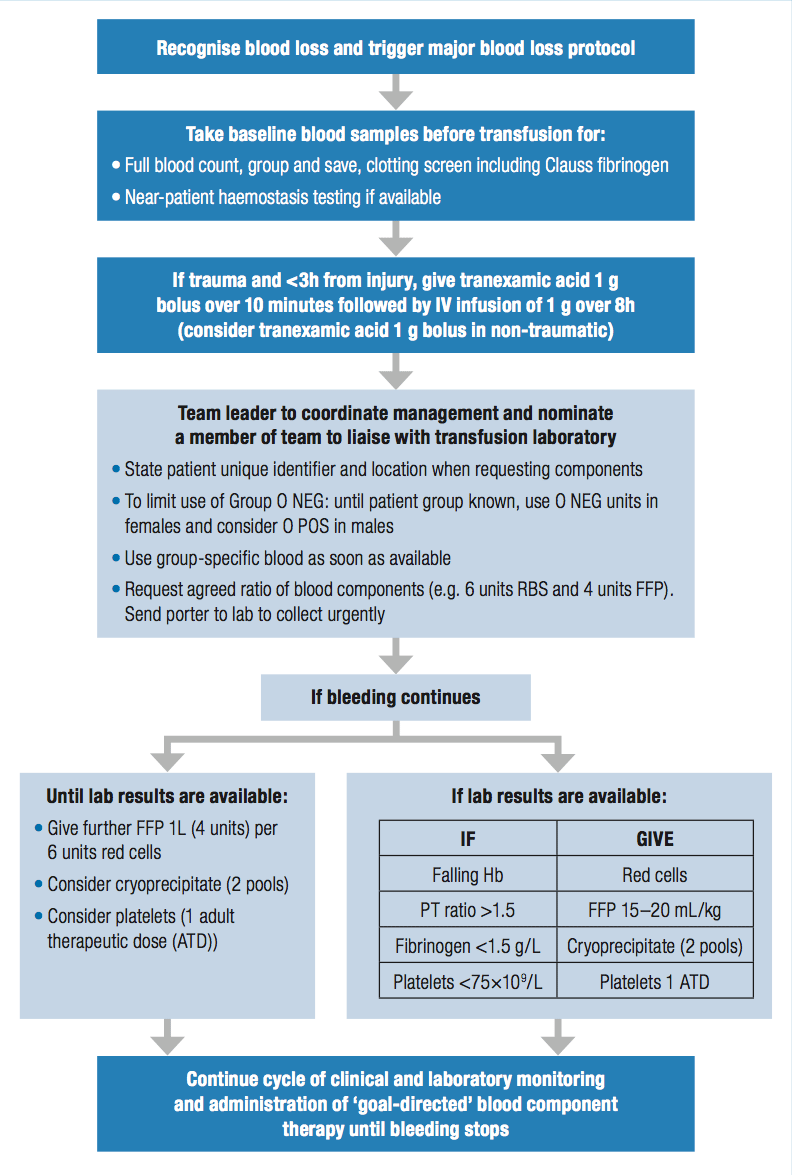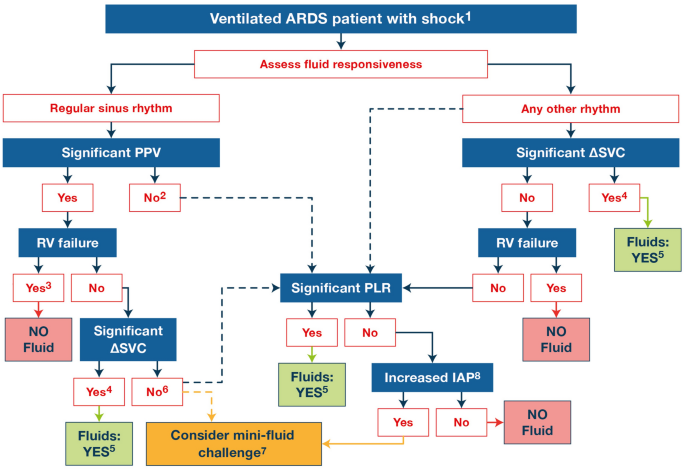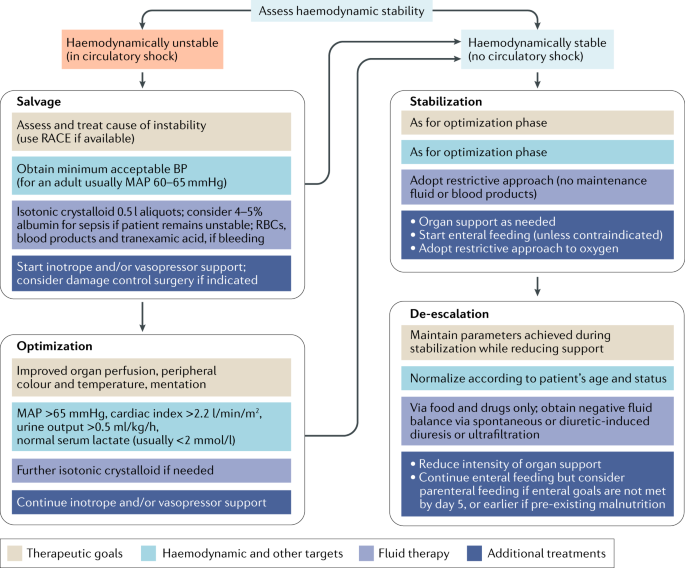

Practical guidelines on fluid therapy pdf manual#
Written by a veterinary nurse and a veterinary surgeon who work together in the largest UK emergency clinic, this book is a practical, how-to manual with a nursing focus. Visit the website to find information charts and video clips of procedures. A companion website provides additional resources useful in the management of emergency and critical patients.
Practical guidelines on fluid therapy pdf how to#
Be inspired to become more confident in your clinical skills and abilities, and learn how to apply your existing skills to an emergency situation. This book provides vital information for emergency and critical care situations, whether you’re looking for confidence in handling emergency cases in a first-opinion practice, or a relevant, succinct guide for an emergency clinic. Such knowledge is a prerequisite to safely and effectively develop fluid therapy plans, which are discussed in this part. Colour photographs of real life cases take you through the procedures and after-care, detailing essential skills. Companion animal fluid therapy part 2: planning and monitoring Author : Rebecca Robinson Categories : Companion animal, Vets Date : SeptemPart one of this article (VT46.35) introduced fluid therapy, fluid dynamics and the variety of fluid types available. Whether you need to know how to prioritise your response to a patient with multiple injuries, or you need a quick practical guide to fluid therapy, this is the go-to resource. We specifically address the tonicity of maintenance IVFs in children.The Key Action Statement of the subcommittee is as follows: 1A: The American Academy of Pediatrics recommends that patients 28 days to 18 years of age requiring maintenance IVFs should receive isotonic solutions with appropriate potassium chloride and dextrose because they significantly decrease the risk of developing hyponatremia (evidence quality: A recommendation strength: strong).Ĭopyright © 2018 by the American Academy of Pediatrics.Your step-by-step guide to key emergency and critical care procedures and hands-on nursing care. Patients with neurosurgical disorders, congenital or acquired cardiac disease, hepatic disease, cancer, renal dysfunction, diabetes insipidus, voluminous watery diarrhea, or severe burns neonates who are younger than 28 days old or in the NICU and adolescents older than 18 years old are excluded. This guideline applies to children in surgical (postoperative) and medical acute-care settings, including critical care and the general inpatient ward. Our goal in this guideline is to provide an evidence-based approach for choosing the tonicity of maintenance IVFs in most patients from 28 days to 18 years of age who require maintenance IVFs. Concerns have been raised that this approach results in a high incidence of hyponatremia and that isotonic IVFs could prevent the development of hyponatremia. The administration of hypotonic IVFs has been the standard in pediatrics. Despite the common use of maintenance IVFs, there is high variability in fluid prescribing practices and a lack of guidelines for fluid composition administration and electrolyte monitoring.

IVFs are required if sufficient fluids cannot be provided by using enteral administration for reasons such as gastrointestinal illness, respiratory compromise, neurologic impairment, a perioperative state, or being moribund from an acute or chronic illness. Maintenance intravenous fluids (IVFs) are used to provide critical supportive care for children who are acutely ill.

9 Division of Pediatric Critical Care Medicine, Department of Pediatrics, Jacobi Medical Center, Bronx, New York.8 Department of Pediatrics, School of Medicine, Emory University, Atlanta, Georgia.7 Division of Critical Care Medicine, Children's Healthcare of Atlanta, Atlanta, Georgia.5 Department of Pediatrics, College of Medicine - Jacksonville, University of Florida, Jacksonville, Florida.4 School of Medicine, University of Washington and Seattle Children's Hospital, Seattle, Washington.3 Oregon Health and Science University, Portland, Oregon.1 Retired, Nicklaus Children's Health System, Miami, Florida 2 Retired, Levine Children's Hospital, Charlotte, North Carolina.


 0 kommentar(er)
0 kommentar(er)
